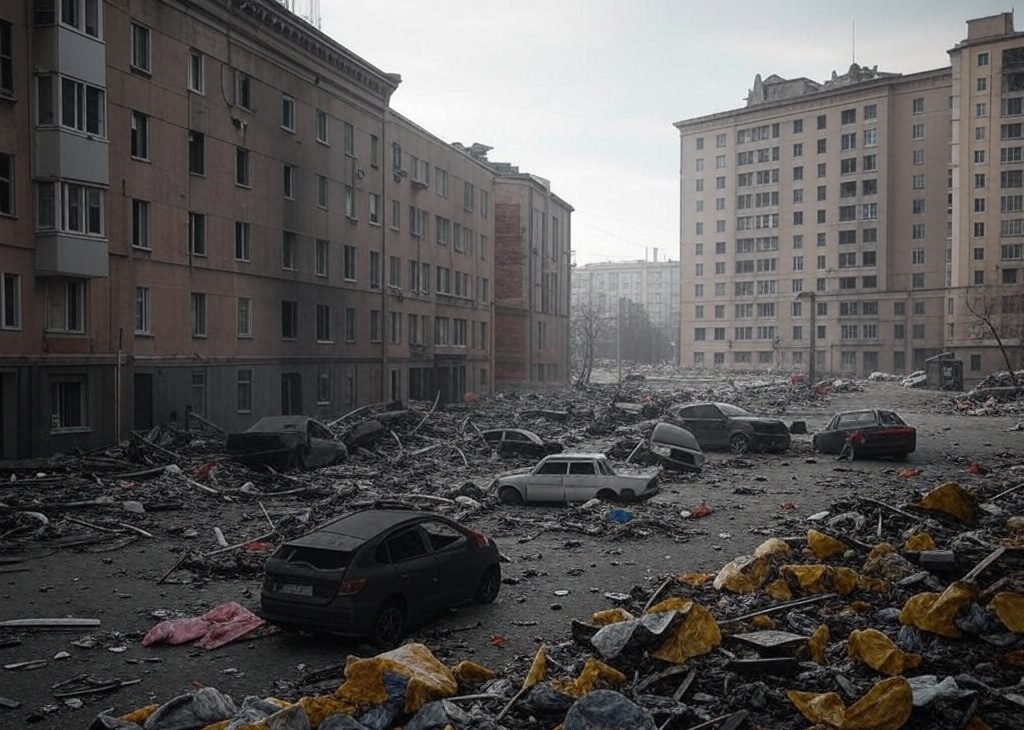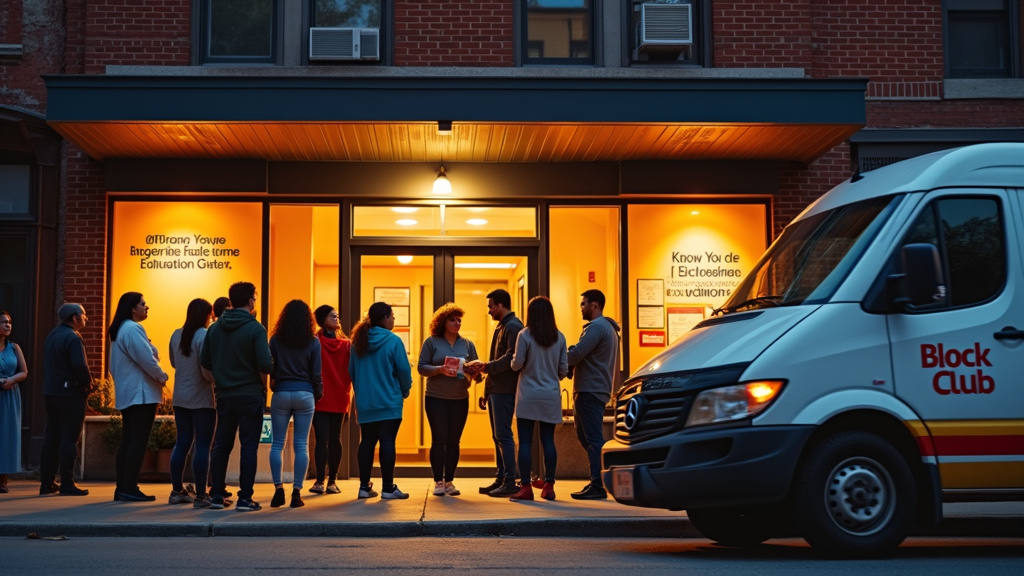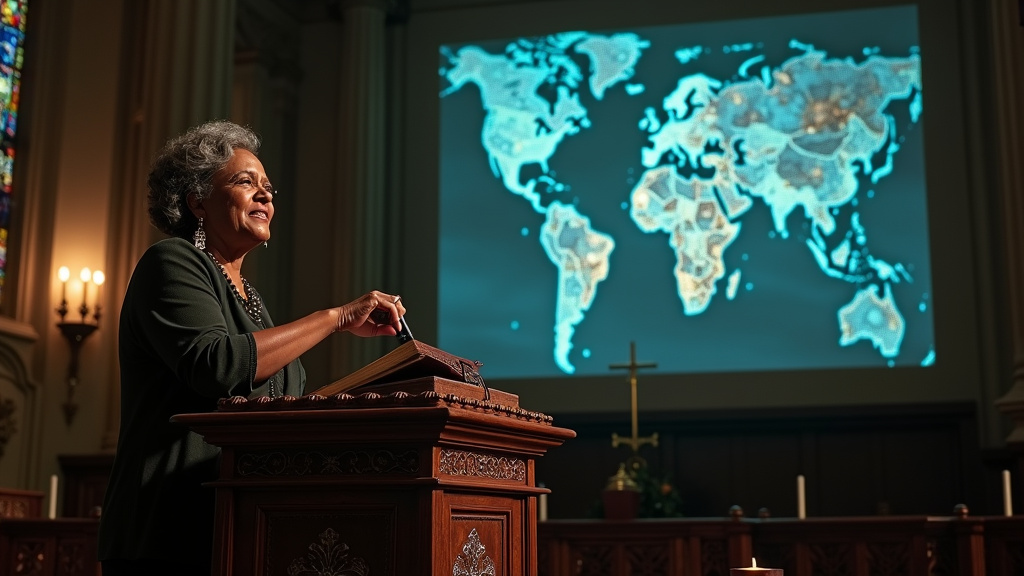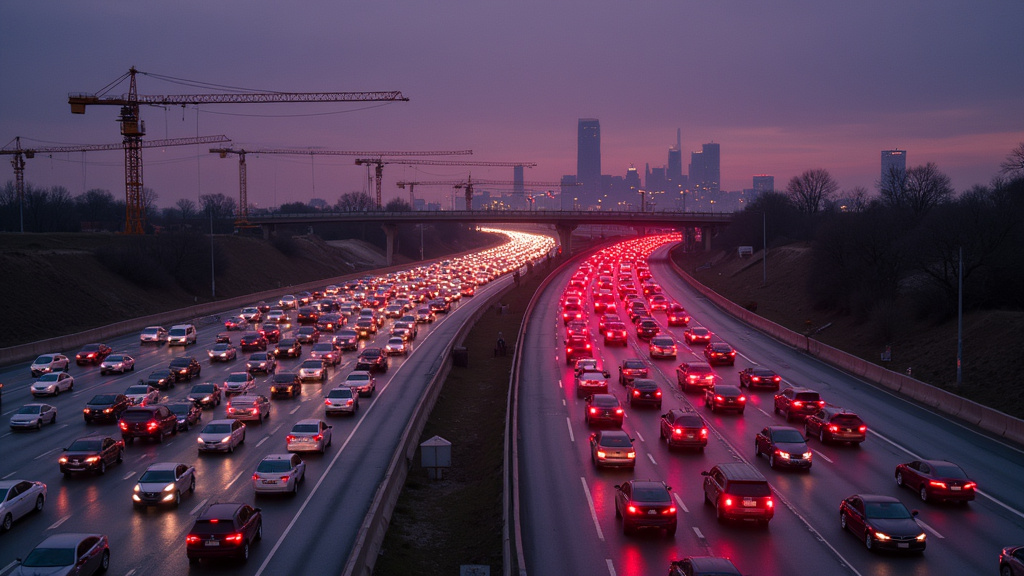The deployment of federal law enforcement agents into American cities, particularly during the Trump administration, ignited a firestorm of controversy, sparking urgent calls for greater transparency and oversight. Operations like “Operation Legend,” initiated in July 2020, saw federal agencies such as the Department of Justice, Department of Homeland Security (DHS), FBI, ICE, and CBP dispatching hundreds of agents to cities including Chicago, ostensibly to combat violent crime. However, the tactics employed and the manner of these deployments rapidly shifted the narrative from crime reduction to concerns over federal overreach and the erosion of civil liberties.
Operation Legend and the Rationale for Federal Intervention
Launched in the wake of widespread protests following the murder of George Floyd, Operation Legend was framed by the Trump administration as a critical response to rising violence in urban centers. Attorney General William Barr stated the operation’s goal was to assist local law enforcement in cities “plagued by recent violence,” citing Chicago’s significant increase in homicides as a key justification. The administration also employed rhetoric characterizing some cities as “war zones”. Beyond Operation Legend, broader federal deployments, including the National Guard, were also considered or enacted in cities like Chicago and Portland, often facing significant legal challenges and opposition from state and local officials. These actions were viewed by critics as a political move to project a “law and order” image during the 2020 election cycle.
Escalating Tactics and Widespread Outrage
The conduct of federal agents during these deployments quickly drew sharp criticism. Reports from Chicago and other cities detailed incidents such as federal agents conducting high-speed chases through residential areas, deploying tear gas and smoke grenades into crowds, and using unmarked vehicles and plainclothes tactics. A particularly contentious aspect was the frequent use of masks or balaclavas by agents, obscuring their identities and raising fears of unchecked power. Federal agents were also noted to be using military hardware and tactics, such as helicopters for raids and flash-bang grenades, in urban settings, leading to accusations of treating cities like “war zones”. A federal judge in Chicago later ordered that agents wear body cameras and display visible identification, barring the use of riot control weapons against those not posing an immediate threat, a move hailed as a step towards transparency.
Demands for Transparency and Accountability
Democrats and civil rights advocates were quick to condemn these actions as federal overreach into local policing matters. Concerns were raised that the use of masked, unidentified federal agents could violate constitutional rights, including the Fourth and Fifth Amendments, and undermine public trust. Legislative efforts emerged to address these concerns, with proposals like the VISIBLE Act aiming to require federal immigration officers to display clear identification and prohibit the use of masks. Democrats in Congress pushed for federal bans on agents wearing masks during operations, with some vowing to cut funding for departments that continued the practice. This push for transparency extended to demanding accountability for perceived excessive force and unconstitutional tactics.
Community Impact and Shifting Public Opinion
The aggressive federal presence had tangible impacts on local communities. Enforcement actions disproportionately affected Latino neighborhoods, leading to economic consequences for local businesses and widespread fear among residents. Businesses reported significant drops in revenue as customers became afraid to venture out. Legal challenges mounted, with federal judges issuing orders to restrict tactics and enforce transparency measures, reflecting growing skepticism about the administration’s justifications for these deployments. Public opinion, as reflected in an Economist/YouGov poll, indicated a majority of people believed ICE agents used excessive force and should not wear masks during arrests. This sentiment underscores a broader distrust in federal immigration enforcement tactics when they are perceived as lacking accountability.
The Ongoing Debate Over Federal Intervention
The controversial federal operations in cities like Chicago highlight a deep-seated tension between federal authority and local control, as well as between national security imperatives and civil liberties. The use of federal agents, often in aggressive and opaque ways, has been met with significant resistance from local leaders and communities, leading to ongoing legal battles and a fervent public debate. As this news cycle evolved, the overarching questions remain: How much authority should federal agents wield in local jurisdictions, and what measures are necessary to ensure transparency, accountability, and respect for constitutional rights? This complex issue continues to shape discussions around law enforcement, immigration, and the balance of power in the United States. This editorial analysis seeks to provide a comprehensive overview of the unfolding news.















